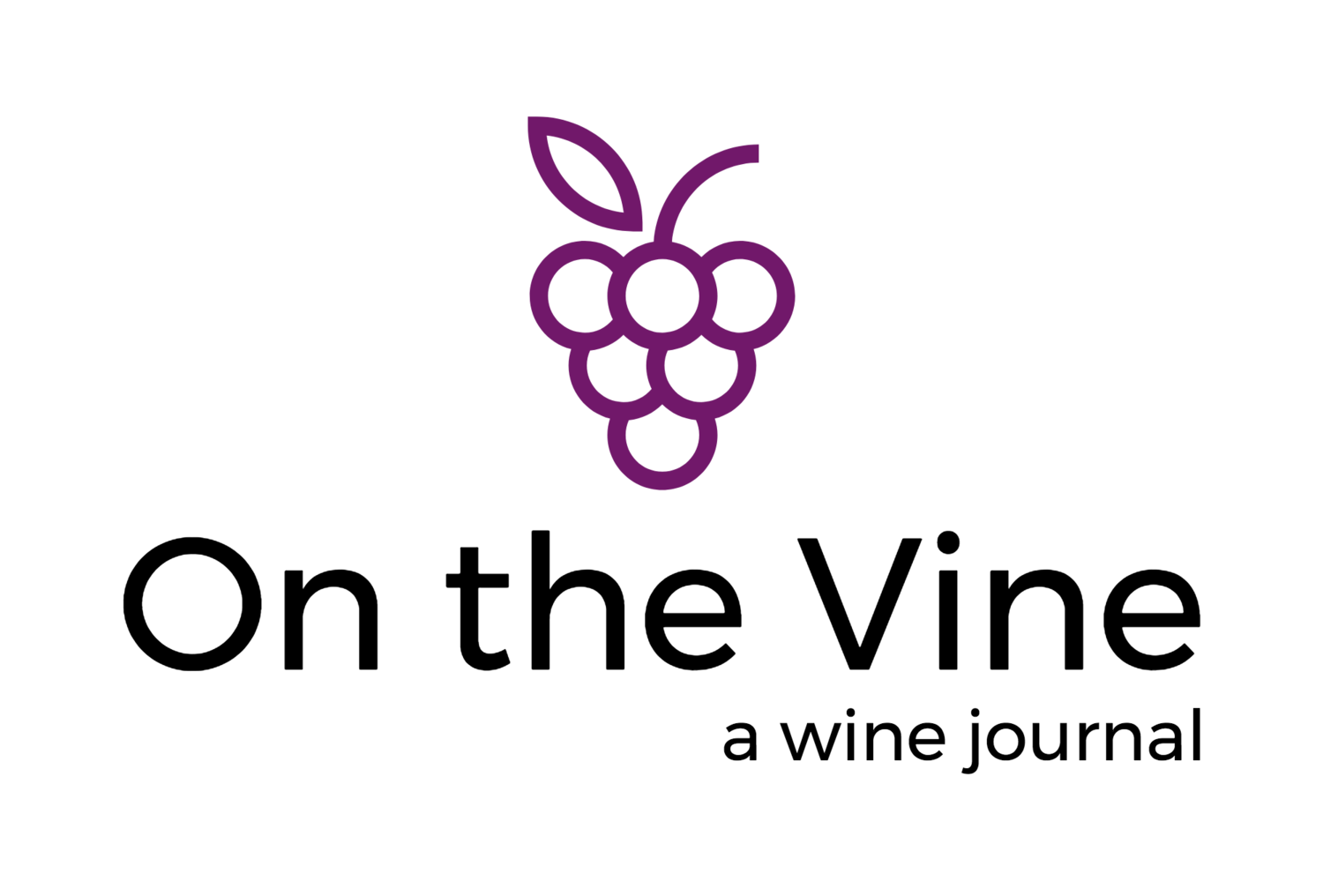Thinking about Vintage
/“A lot of people called me and said, ‘pick, pick pick – otherwise you’re going to lose everything.’”
Daniel Daou, Proprietor and Winemaker of Daou Family Estates in Paso Robles, was speaking of the 2017 vintage. It was August, a month when Daniel usually expects what he calls “the August effect,” marked by the heat of summer giving way to cooler weather. As the temperature moderates it allows the crop to hang on the vine longer and gain greater ripeness.
But 2017 was different. A nine-day heat wave interrupted Daniel’s “August effect.” “I looked at the grapes and thought, if I pick now, I might as well not make wine. Because it’s not going to make Soul,” he said, referring to the estate’s top wine, Soul of a Lion. “I’m not even sure we can make anything out of it.” One-third of the crop was ruined on the vine.
But when the weather cooled, the crop’s remaining two-thirds ripened into October – the estate’s latest harvest. Released this month, the Daous consider the 2017 Soul of a Lion among the very best wines they have produced.
Vintage variation is a reminder that wine is an agricultural product. Like all crops, wine grapes are susceptible to the whims of Mother Nature. Yearly variations in rainfall and temperature are all the more apparent when grapes are dry farmed – raised without irrigation as is done at Daou and in many European vineyards. Most wine drinkers, however, appreciate consistency from bottle to bottle. And so winemakers have devised numerous vineyard management and winemaking techniques to compensate for the perceived strengths and weakness of a year’s weather.
In some places vintage variation has played a part in the development of a region’s wine style. Champagne is an example, where most wines are released “non-vintage,” the blend of several years’ fruit. One can imagine that Champagne’s location, near the northern limit of the zone for reliably growing grapes, has caused considerable vintage variation. Blending several year’s production allows for a more consistent product and has become a tradition there. Lately, warmer growing seasons brought about by climate change are making this practice seem less essential and increasing the frequency of declared vintages, which in the past were reserved for only the most exceptional years.
Wine does not make itself. How much and when to take actions intended to compensate for the strengths and weaknesses of a given crop are the most hotly debated topics among winemakers. While some strive for year-to-year consistency, others revel in allowing the wine to express the particular weather of a vintage and location.
For more about Daou, read my post from 2017.
Daou Estate’s Soul of a Lion






